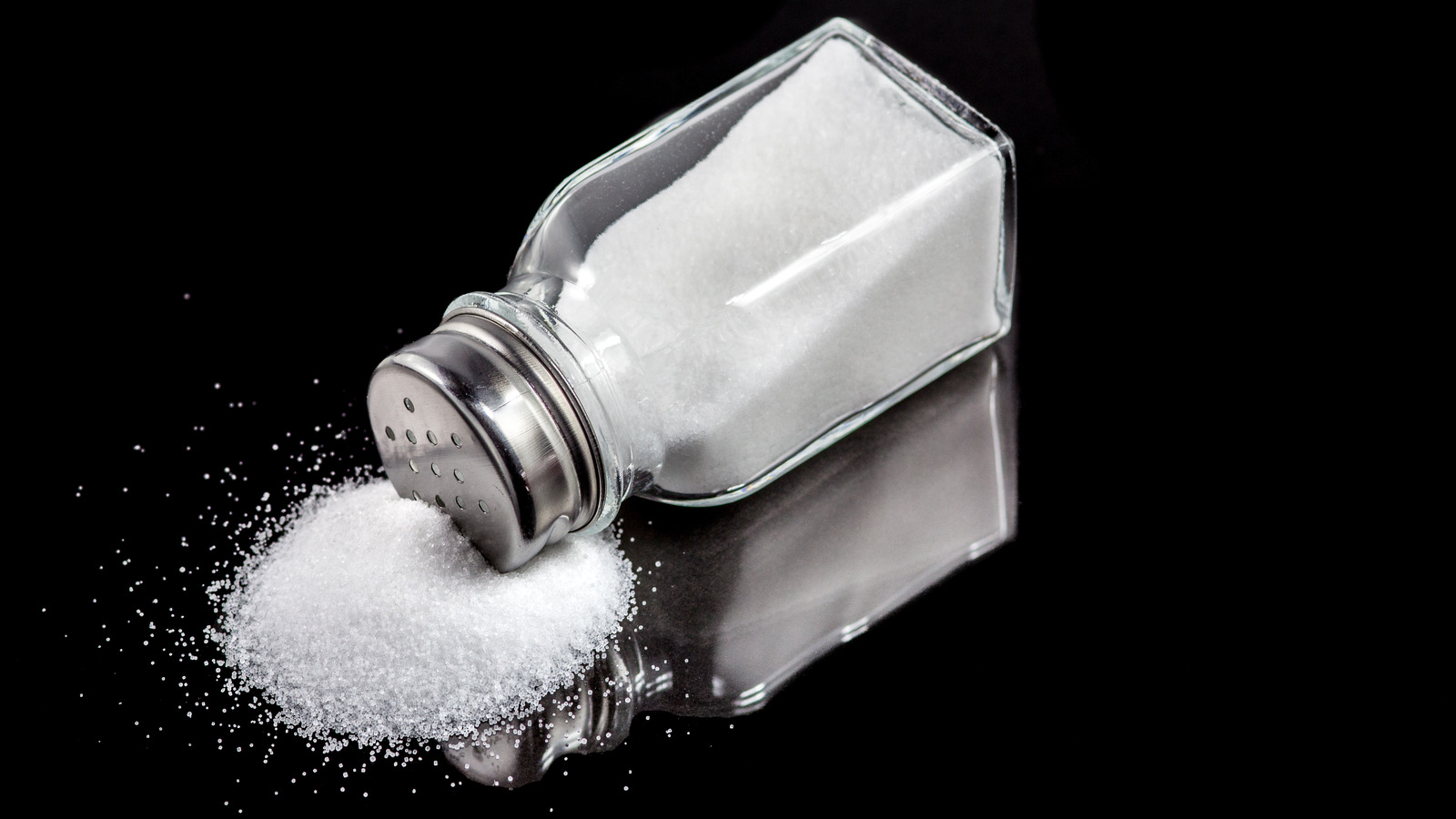Salt and Stomach Cancer: Should You Ditch the Salt Shaker?
Let's face it, most of us love a good sprinkling of salt on our food. It enhances flavor and can make a bland dish sing. But a new study from the University of Vienna has some of us rethinking our reach for the salt shaker. Researchers found a 41% increased risk of stomach cancer in people who frequently added salt to their meals, compared to those who used it sparingly.
(Image Source: Tasting Table )
This isn't the first time scientists have connected high-salt diets with stomach cancer. Studies in Asia already pointed towards this link. However, this Vienna study is one of the first to solidify this connection in Western populations, including folks like us in the US.
ALSO READ: The Link Between Bacteria and Stomach Cancer & it's not H. pylori: A Breakthrough Study
So, how exactly does salt hurt your stomach?
While the current study is observational, previous research suggests excessive salt intake might weaken the protective lining of your stomach. This damage can lead to tissue changes that could potentially turn cancerous.
The recommended daily salt intake is actually quite surprising. According to the FDA, it's only about 2,300mg of sodium, which is roughly a teaspoon of table salt. Yikes! The average American, however, consumes a whopping 3,400mg per day. That's a lot of extra salt, folks, and it often comes hidden in processed foods. Shockingly, a single can of soup can pack almost 900mg of sodium!
The researchers emphasize that while a little salt for taste might be okay, consistently exceeding recommended amounts can pose serious health risks.
What did the Vienna study actually involve?
Researchers analyzed data from a massive study in the UK, including information from over 470,000 adults. Over 11 years, they found a clear link between frequent salt addition and a higher risk of stomach cancer. This correlation held strong even after considering factors like age, lifestyle choices, and socioeconomic background.
ALSO READ: Understanding Common Digestive Issues: Causes, Symptoms, and Remedies
Here's the scary part: Stomach cancer is a sneaky disease. Early symptoms like bloating, indigestion, and upset stomach can be easily dismissed as overeating. However, early detection is crucial for successful treatment. The American Cancer Society estimates a 75% survival rate for stomach cancer caught early, which drops significantly if the cancer spreads.
(Image Source: Express )
So, what can you do?
Be mindful of hidden sodium: Read food labels carefully. Processed foods are often loaded with salt.
Go natural: Experiment with herbs and spices to add flavor to your food.
Gradually reduce salt intake: Your taste buds will adjust over time.
Cook more at home: This gives you more control over the amount of salt you use.
Remember, a little salt might be okay, but don't go overboard. By making small changes to your diet, you can significantly reduce your risk of stomach cancer and enjoy a healthier life.



Comments
Post a Comment